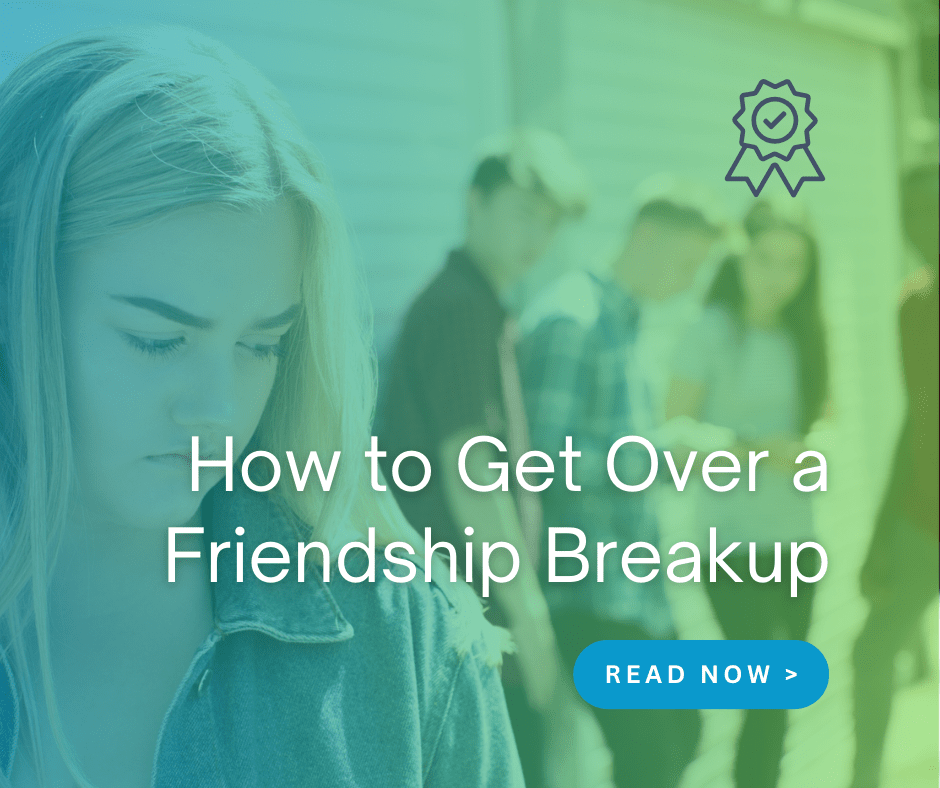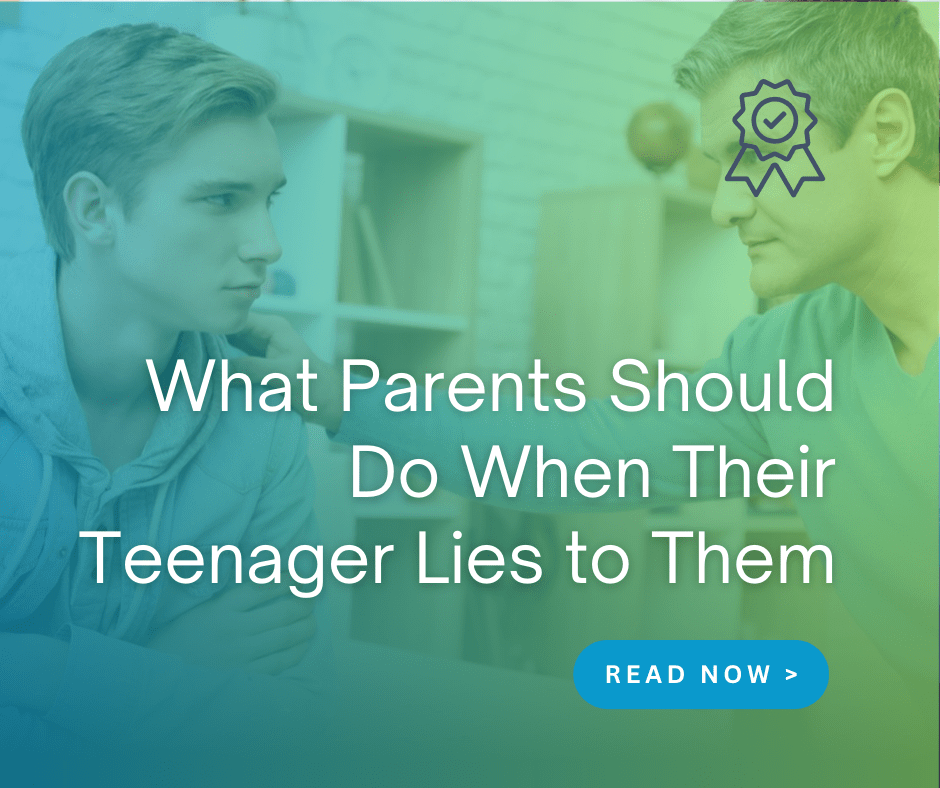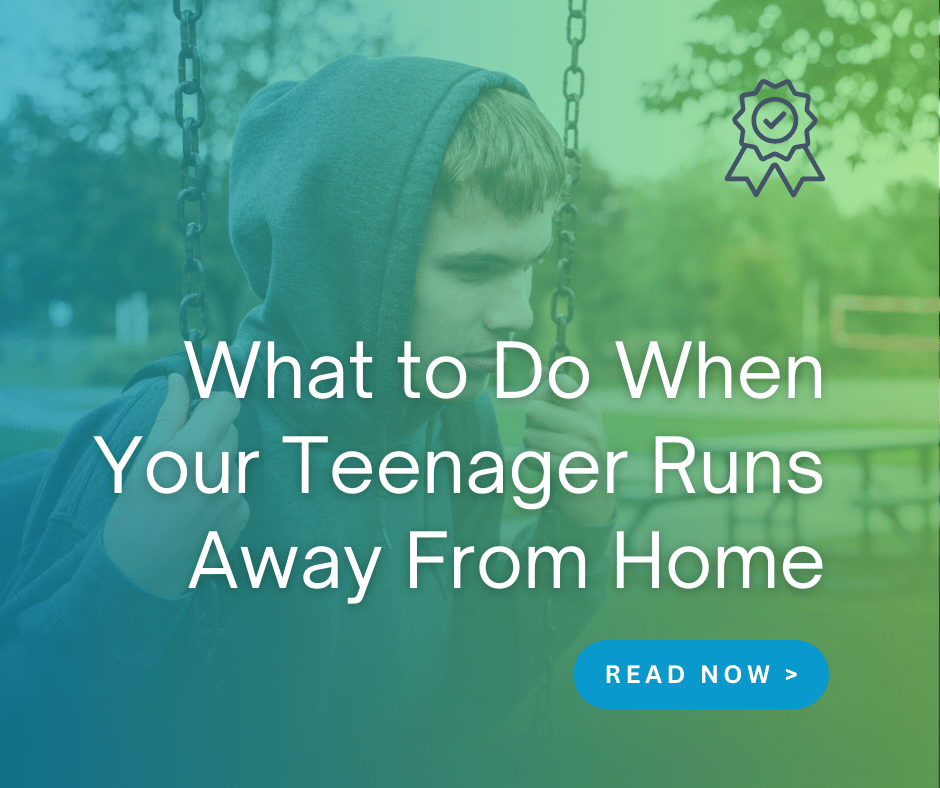It might be the first word you ever learned.
Just ask your parents how much you loved saying it when you were a toddler.
Want another cracker?
No!
Want more juice?
No!
Want to play with your sister?
No!
We know, we know. You don’t remember a thing from when you were two years old. No one does. That’s one of the strange things about being human: we were all toddlers, but none of us remember a thing.
Anyway: the neurobiology of memory formation is another topic for another time on another website.
This post is about what to say when you leave rehab, go out into the world, and someone offers you a drink.
Of course, you’re supposed to say no. Once upon a time, it was your favorite word. But some people can be persistent. And most people won’t know your story. They have no idea how important it is for you to say no. So when you do say no, they ignore it. That’s when you learn that saying no might still be as easy as when you were a toddler.
But what comes next might not be so easy.
Because people will press you. They’re like “Are you sure?” and “Come on!” They’ll say all kinds of things to get you to join them in their version of fun, which used to be your version of fun.
Emphasis on used to be.
Here’s a tip before the tip. A pre-tip.
Remember:
They’re not trying to ruin your life.
They’re not out to get you.
They have no idea what they’re doing.
And when they respond to your No with Why?…
They probably really don’t want to know why.
Oversharing: Resist the Temptation
When they ask why, imagine if you said this:
“Well, when I was five, my parents got divorced, my mom went through a rough patch with an abusive boyfriend, my grandfather died, and then when I was seven I myself was sexually harassed and abused by my soccer coach. That’s why I started drinking when I was 14, ended up in rehab this spring, and I’m getting my three-month AA chip tomorrow. That’s why.”
Now, if the person asking is a close friend you haven’t seen in a while and deserves the privilege of knowing your story – go for it.
Share.
But if it’s a random acquaintance or someone you barely know from the periphery of your social group, we’d call that an inappropriate overshare. And yes: we know the little paragraph above is a sterotypical oversimplification. Not everyone with alcohol issues has that kind of history.
Wer’e just sayin.
Resist. The. Temptation.
That’s what your support group meetings are for.
In a social situation, there are almost an infinite amount of answers to why – and most of them have nothing to do with telling the real reason.
Now for the real tip.
The next time someone asks why, try these answers:
- Doctor’s orders – I can’t drink.
- Alcohol doesn’t agree with me – I’ll have a reaction.
- I have a medical condition – alcohol makes it worse.
If they press, change the subject. Tell them you don’t want to talk about it, you’re tired of talking about it, or simply say “How ‘bout those Dodgers?”
They’ll get the idea.
Honesty is the Best Policy
Okay, so basically we’re telling you to lie.
But are we really?
All those answers are true enough, to an extent.
So are we telling you how to be evasive without being honest?
Not so much.
What we’re saying is this: have a plan. Medical excuses are good because you can make the doctor, the condition, or the reaction the bad guy. It takes the pressure off, gets you through the moment, and saves you from dealing with the same question from the same person again.
And again and again.
If you don’t like the three suggestions above, come up with your own. If you’re reading this and you’re in rehab, make sure you roleplay these situations in group. And if you’re out of rehab, ask sober peers at your support group meetings how they respond to that annoying why. Use the hive mind to get a thousand and one suggestions, then choose the ones that work for you.
Finally, we’d be negligent if we didn’t ask our own, even more annoying why: why were you in that position in the first place?
We know, we know. Things happen. Life is imperfect. You end up in situations. We also know this: when you prepare, you can make it through these tricky triggers with your sobriety intact – especially if your’e ready for them.












